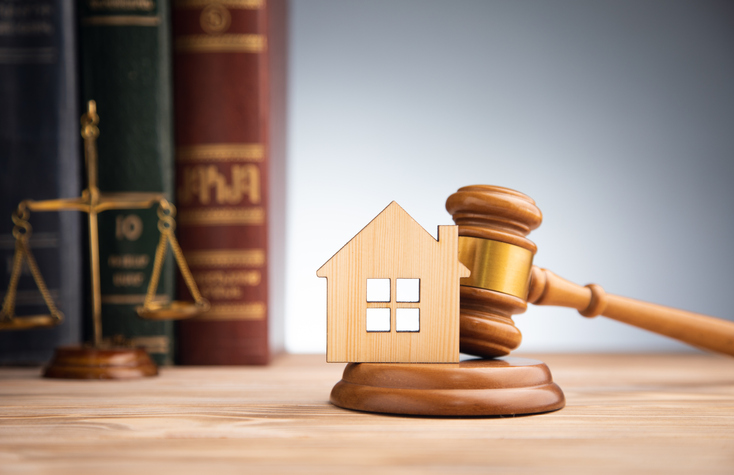Time to Test: Radon Found in Every Pa. County

Radon is the second leading cause of lung cancer in the country, and National Radon Action Month is an ideal time for homeowners to test for radon to keep their homes safe.
Radon is a radioactive, colorless, odorless gas that is naturally released from rocks, soil and water. It can enter homes and buildings through cracks, holes and buildup in the air, according to the CDC.
“When radon is in the air in homes and buildings, we breathe in those products,” says Pennsylvania’s Department of Environmental Protection. “The first area to be affected is the tracheobronchial region of the lung. Radon can cause cellular damage in this area and ultimately lead to lung cancer.”
According to the DEP, radon is responsible for 21,000 lung cancer deaths nationwide each year, making it the second leading cause of lung cancer after smoking.
Across Pennsylvania, all 67 counties have experienced exposure to radon, with some areas more affected by the gas than others. The DEP says central Pennsylvania, the Lehigh Valley and counties surrounding Pittsburgh are the most severely affected, with the Lehigh Valley in particular having the highest radon level in the world.
Radon is measured by picocuries per liter of air – referred to as pCi/L – which measures the speed of decay in radon. In other words, it measures its level of radioactivity, with a higher pCi/L being more dangerous to health.
“Pennsylvania also has a lot of ‘high end’ radon levels, which are five times the U.S. Environmental Protection Agency level,” the DEP told PAR. “Basements in Pennsylvania average 7 pCi/L and first floors average 3.5 pCi/L. Of homes tested in Pennsylvania, over 5,000 received results over 100 pCi/L, or 25 times the U.S. EPA Guidance of 4pCi/L.”
The DEP’s Radon Division is working to address high levels of radon in homes and increase public awareness of the issue. They urge people to test for radon within their homes to maintain safety and wellness.
“This time of year, the heating season, is an ideal time to do a radon test,” the DEP said. “Testing is easy and relatively inexpensive. Radon tests cost about $30 if you do it yourself, or about $150 if you hire a state-certified tester.”
They recommend homeowners test first in their basement, where radon levels tend to be highest. Follow-up testing may be needed, and if test results are elevated above 4 pCi/L then radon mitigation is recommended. A list of state-certified testers and mitigators can be found here.
“The DEP recommends that all Pennsylvania homeowners/renters, building owners and schools test for radon. Radon testing could save your life and others. Assistance may be available to homeowners, builders and institutions for the monitoring and mitigation of radon. For more information, Pennsylvanians can contact DEP’s radon division at 800-237-2366.”
Topics
Share this post
Member Discussion
Recent Articles
-
Tri-County Realtor® Leads Efforts to Fight Hunger
- November 21, 2024
- 2 min. read
Heather Griesser-LaPierre, a member of Tri-County Suburban Realtors®, led an initiative last month to pack 238,000 meals for hurricane victims alongside fellow Realtors® and other volunteers.
-
9 Tips to Save Money When Moving
- November 20, 2024
- 3 min. read
For new homeowners, moving costs can add up quickly. Here are nine tips to keep moving costs down, from Point2.
-
Earn Pa. CE Credit at Triple Play: Agency Relationships and Disclosures
- November 19, 2024
- 2 min. read
Taught by two PAR associate counsels, “Agency Relationships and Disclosures in Pennsylvania” is a three-hour course that is a Pennsylvania SREC-required topic for the 2024-2026 continuing education cycle.
Daily Emails
You’ll be the first to know about real estate trends and various legal happenings. Stay up-to-date by subscribing to JustListed.



